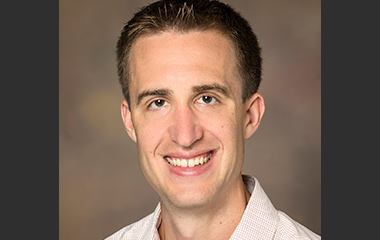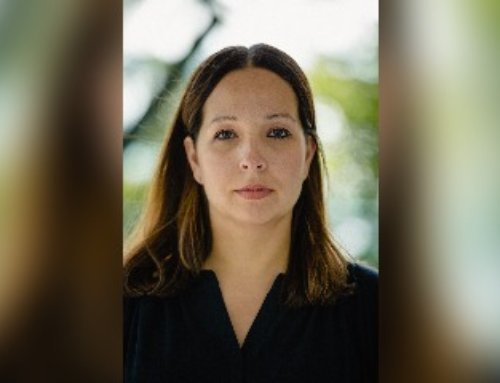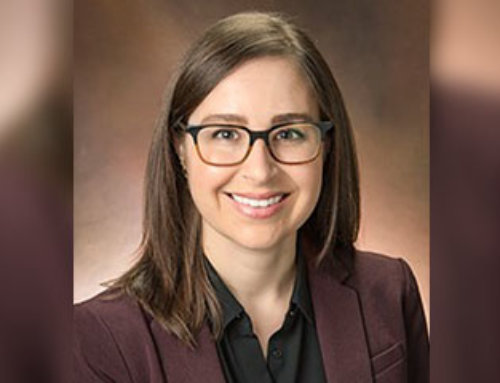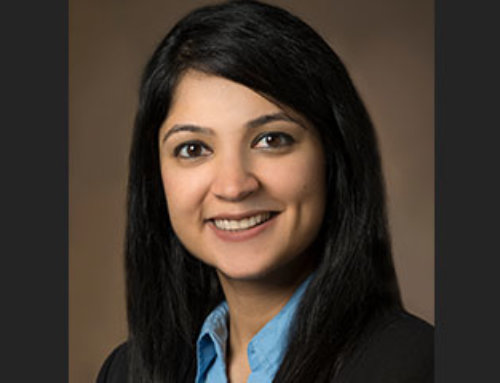2016 ABSM Junior Faculty Research Award
Daniel Combs, MD, entered medical school with interest in neurocognitive effects of chronic disease. During a sleep medicine rotation in his pediatric residency at University of Arizona College of Medicine, Dr. Combs realized that sleep disorders, particularly sleep apnea, play a large role in neurocognitive function and behavior in children. This drove his interest in becoming a sleep medicine physician.
Following his residency, Dr. Combs completed a sleep medicine fellowship with the intention to become an academic sleep clinician scientist. After working closely with his mentor, Dr. Sai Parthasarathy, he chose to focus his research on neurocognitive and quality of life (QOL) effects of sleep apnea in children with congenital heart disease (CHD).
“Congenital heart disease is the most common congenital malformation, and children who require surgery for CHD are known to be at risk for neurocognitive impairment,” said Dr. Combs. “Given the close relationship between cardiovascular health and sleep-disordered breathing (SDB), this seemed to be a natural population to study.”
His project, “Neurocognitive impairment in children with congenital heart disease and sleep-disordered breathing,” received a 2016 ABSM Junior Faculty Research Award. The goal of the project is to determine how SDB contributes to the observed neurocognitive impairment and health-related QOL in children with CHD, as well as to define factors that influence patient and caregiver preferences for treatment.
Results so far suggest that the presence of SDB is associated with a 15 point lower IQ in children with CHD, and Dr. Combs expects the research could demonstrate a treatable cause of neurocognitive impairment in children with CHD.
“Neurocognitive impairment is common in children with CHD, and directly affects their school performance, as well as their future development and success in adulthood. Parents of children with CHD recognize this, and are eager to do whatever they can to improve their child’s odds of success,” said Dr. Combs.
With a research letter about preliminary research results currently under review, Dr. Combs is also preparing a brief article for submission to the Journal of Clinical Sleep Medicine (JCSM) on the management of SDB in adults with complex congenital heart disease.
Dr. Combs serves as assistant professor of pediatrics at University of Arizona’s division of Pediatric Pulmonary, Allergy, and Sleep Medicine. He is currently assisting with the expansion of the sleep laboratory to include pediatric polysomnography at the University of Arizona Center for Sleep Disorders.






